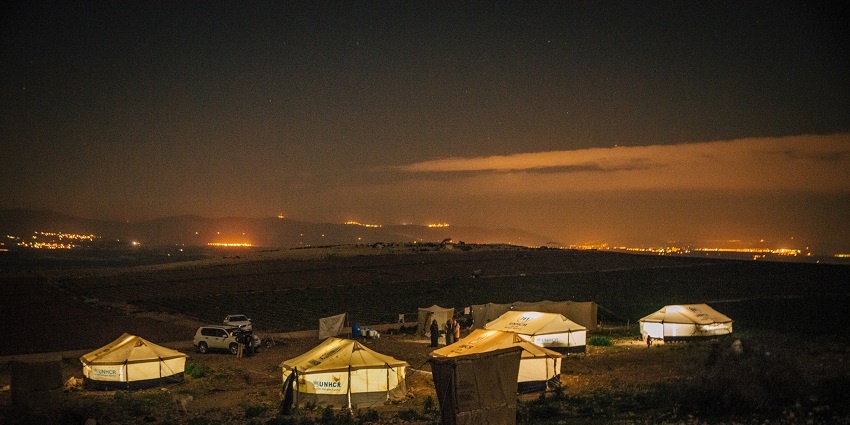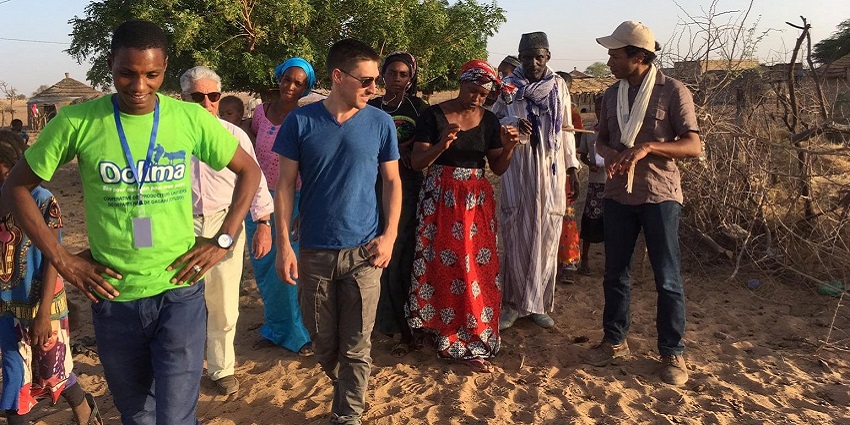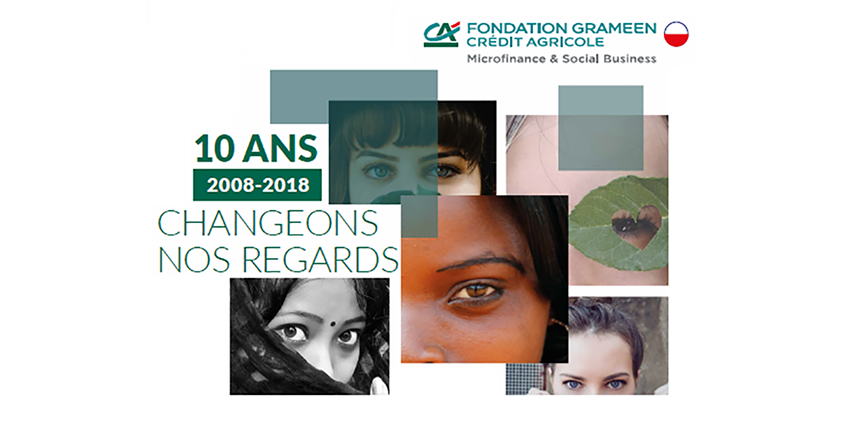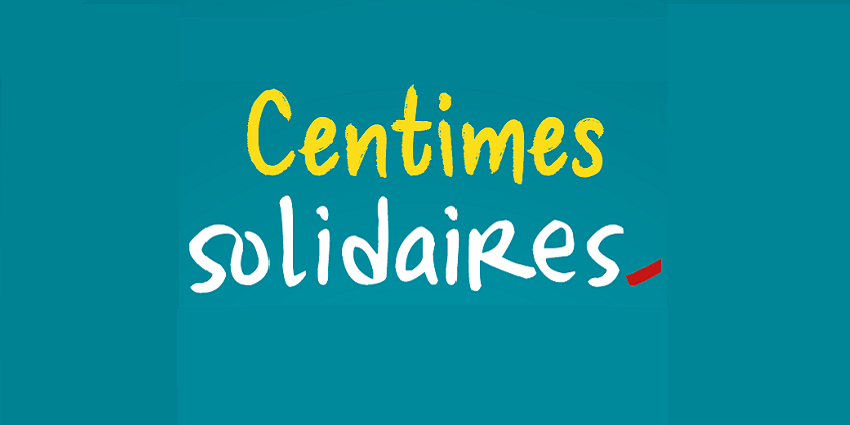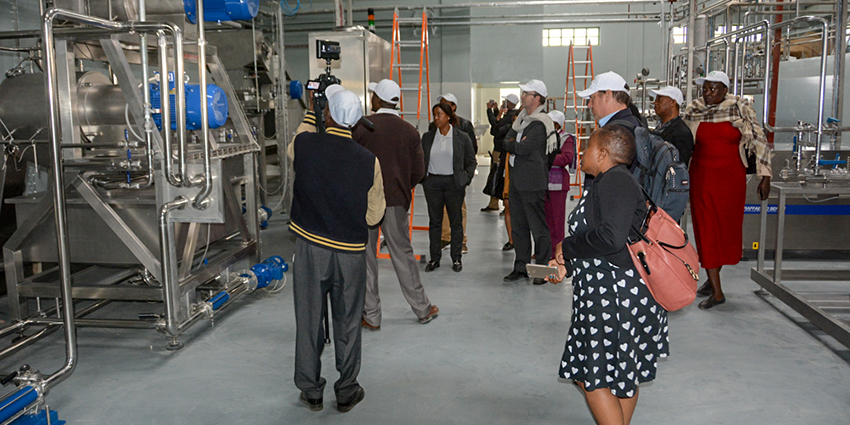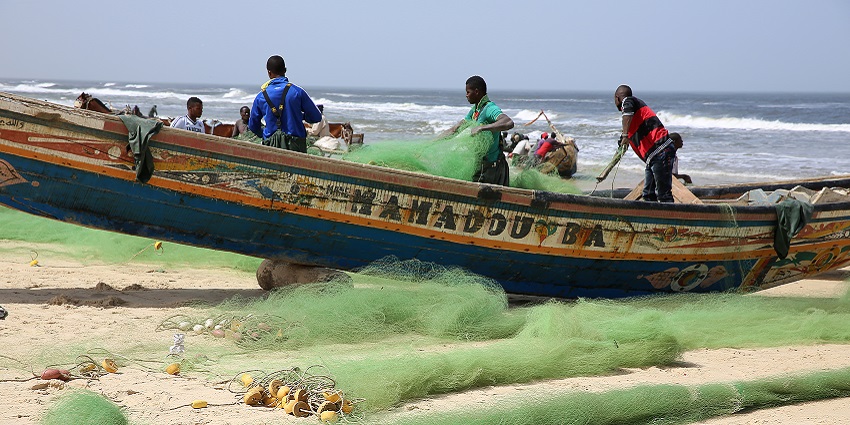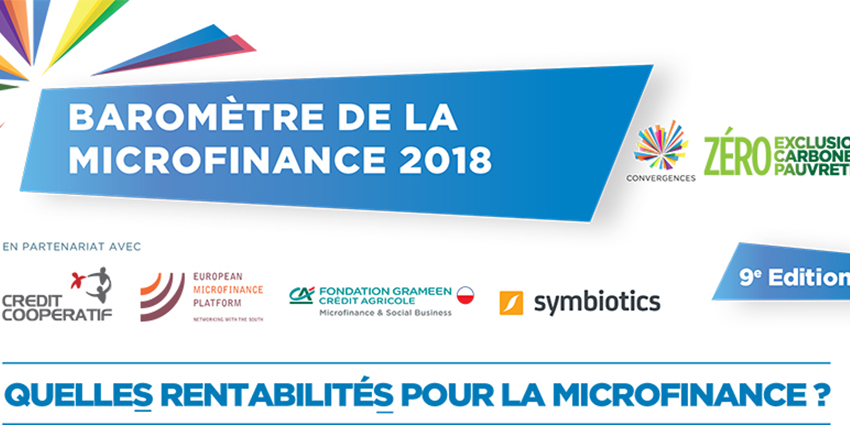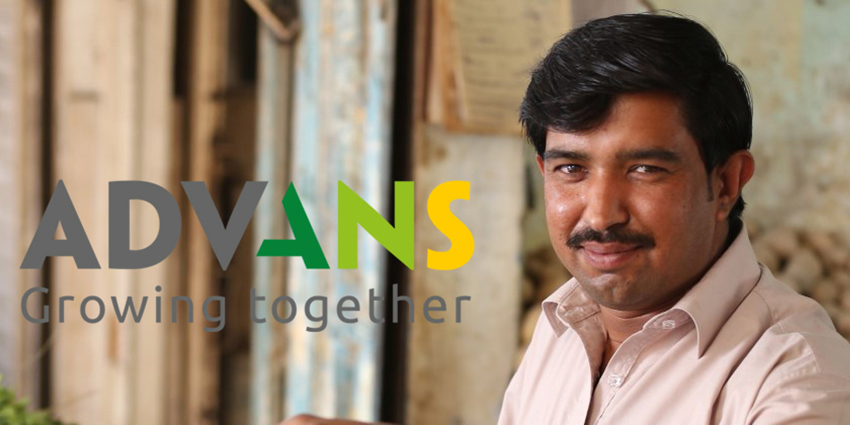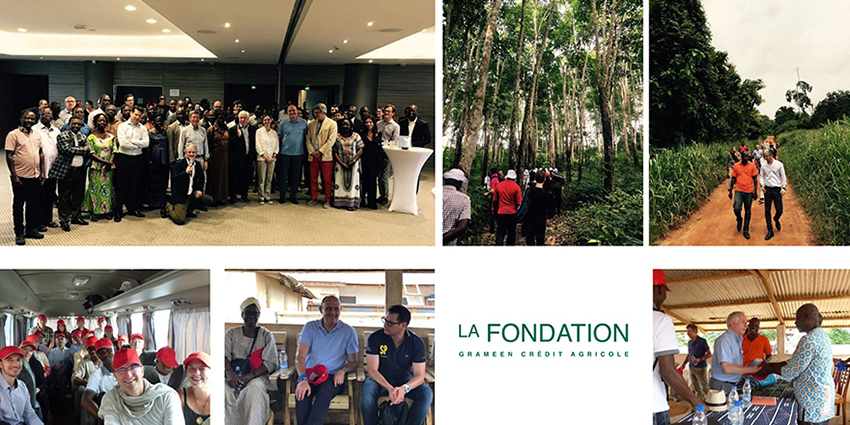Grameen Crédit Agricole Foundation Week
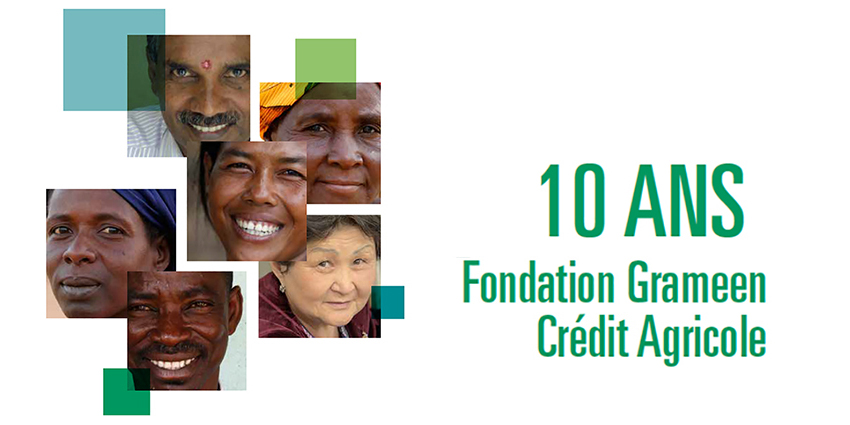
Crédit Agricole SA and the Grameen Crédit Agricole Foundation are organizing a series of events in November to mark the Foundation's tenth anniversary. Two meetings with Group employees will take place on the Crédit Agricole Campus in Montrouge and Paris on November 19 and 22, 2018.
The Foundation, 10 years of action alongside the Crédit Agricole group
Created 10 years ago under the joint leadership of Crédit Agricole executives and 2006 Nobel Peace Prize winner Muhammad Yunus, the Grameen Crédit Agricole Foundation is a multi-sector operator that aims to promote inclusive finance. An investor, lender, technical assistance coordinator, and fund advisor, the Foundation supports more than 70 microfinance institutions and social enterprises in 35 countries with over €77 million in commitments.
Since its inception, the Crédit Agricole Group has supported the Foundation's work in the microfinance and social entrepreneurship sectors. Ten years later, ties are strengthening and partnerships with the Regional Banks and Group entities are consolidating. To mark its 10 years of collective action, Crédit Agricole SA and the Grameen Crédit Agricole Foundation are organizing "Grameen Crédit Agricole Foundation Week" in November, with a series of events open to Crédit Agricole Group employees.
A birthday celebrated with the Group's employees
Foundation Week will kick off with the event "The Foundation's Actions in Support of Socially Useful Entrepreneurship," held on November 19 in the Green Auditorium of the Crédit Agricole campus in Montrouge. The event will bring together social entrepreneurship experts and entrepreneurs supported by the Foundation to discuss the sector's key issues. It will also be an opportunity to present a check for the amount raised through the "Centimes Solidaires" initiative to the NGO Entrepreneurs du Monde. The donations collected will be used to support entrepreneurship projects for refugees, single parents, and the homeless.
The "Investing in Africa: Myth or Reality" meeting will take place on November 22nd at the Red Amphitheater in Montrouge. This event will focus on the opportunities and challenges associated with investment operations in Africa and will address the issue of the impact of entrepreneurship and financial inclusion on the African continent. Investors and investment experts in Africa will be present at this event, who will share their perspectives on the theme of development and financial inclusion in African countries.

